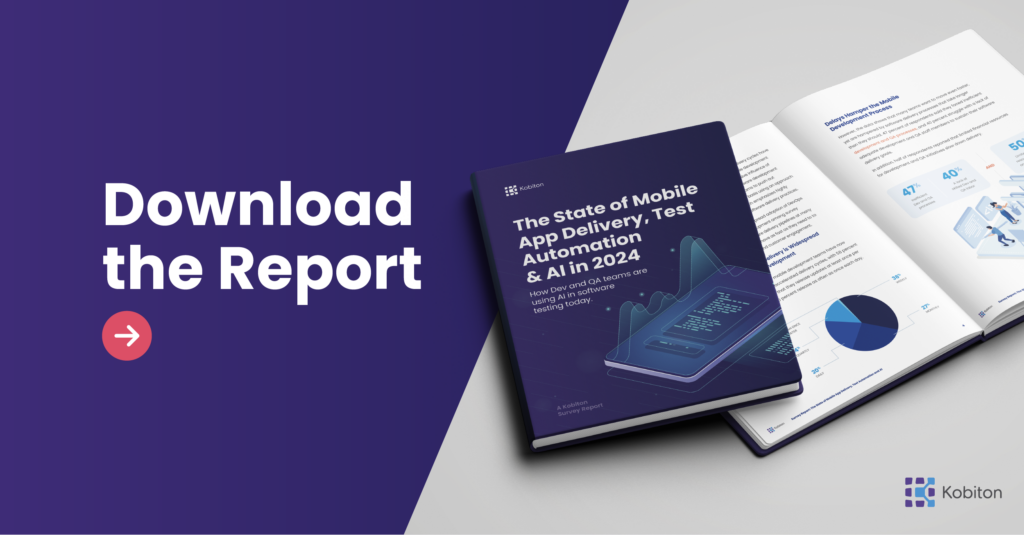
8 Future Mobile Banking Trends

Adam Creamer
Throughout the year ahead, there’s a good chance that you’ll work closely with team members to meet accelerated development timelines. After all, by delegating certain responsibilities to specialized individuals, a lot can be handled rather quickly.
But, are you prepared to apply that same line of thinking to automated application testing tools?
Experienced QA professionals view the automation of software testing as the key to addressing mobile software delivery cycle challenges. However, challenges in implementing and maintaining automated tests continue to limit the extent to which teams take advantage of automated testing.
Simply put, automation can get us there.

By allowing QA engineers to run tests faster, test automation delivers dramatic speed boosts for software. Manual tests take a majority of organizations 3-5 days to execute, while they can complete automated tests in just hours.
In this respect, automated tests help ensure that QA and development teams are able to meet their goals of releasing updates as often as every day. This translates to faster release cycles and faster time to market, with more than half of respondents reporting that test automation has decreased their time-to-market by at least 25 percent. This also addresses the financial impact of slow app delivery.
Despite the clear benefits of mobile test automation for speeding software delivery, a significant gap remains between the level of test automation that most teams have achieved today and the number of tests that they’d like to automate.
Nearly half of survey respondents told us that they’ve automated no more than 24 percent of their tests. In addition, more than a third reported that they execute at least 100 manual test cases for application release.
It’s interesting to consider, then, how many organizations told us that they’d ideally automate their tests; to find out more, download our full report today.
Respondents cited a variety of barriers that offer insight into why they are not making more extensive use of test automation, despite their clear desire to do so. Test development, script maintenance, and code complexity were all cited as examples, and we can gather valuable insights about why from the developers we surveyed. With that understanding, we can address these attitudes and make so much more of an investment in cutting-edge automation tools.
To mitigate application development challenges and achieve more efficient software delivery, teams are increasingly automating at least half of their software tests. Are you ahead of the curve, or should you catch up with the rest of your industry? AI-augmented testing can help close the gap between test automation goals and realities, and Kobiton is able to help you make sense of evolving trends and expectations.
Kobiton surveyed 100 developers and software testing professionals who were directly involved in the development and testing of mobile apps, and employed at companies with at least 100 employees. To learn more about what they had to share – and to learn more about key mobile test automation trends for 2024 – download the full report today.
